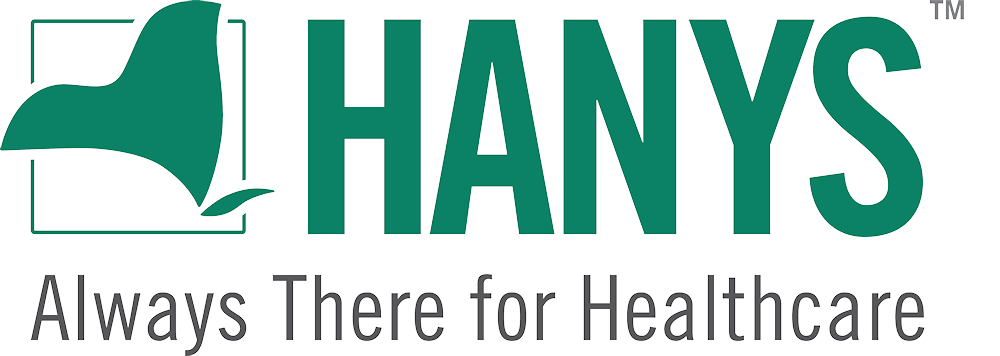
Samaritan Medical Center reduces opioid exposure in the emergency department
The opioid epidemic continues to wreak havoc in healthcare, exacerbated over the past year and a half by the onset of COVID-19 and limited services. Prescription opioid-related deaths are the leading preventable public health problem in the United States. Understanding the link between opioid prescribing and opioid addiction, in 2018, Samaritan Medical Center in Watertown began an initiative to reduce opioid prescription in the emergency department. SMC serves a mostly rural area and an Army base, and the ED serves approximately 40,000 patients per year.
SMC’s goal was to reduce the prescription of opioids by 15%. To achieve this, the ED implemented complaint-specific, multimodal pain management protocols that use non-opioid medications as a first line of treatment. Staff also shifted culture within the ED from using opioids as first choice to opioids as last resort for common complaints. Additionally, staff took time to educate patients on opioids, causing many to opt for alternative modalities.
A year after implementation, the number of patients treated with opioids in the ED decreased by 50%. The number of prescriptions written for patients discharged from the ED also decreased by 50%. Overall, exposure of ED patients to opioids was reduced and the community is better educated regarding the risks inherent to prescription opioids.
For more information, contact Mario Victoria, MD, MMM, FAAP, FAAPL, vice president, medical affairs and chief medical officer, at mvictoria@shsny.com or 315.785.4570.


